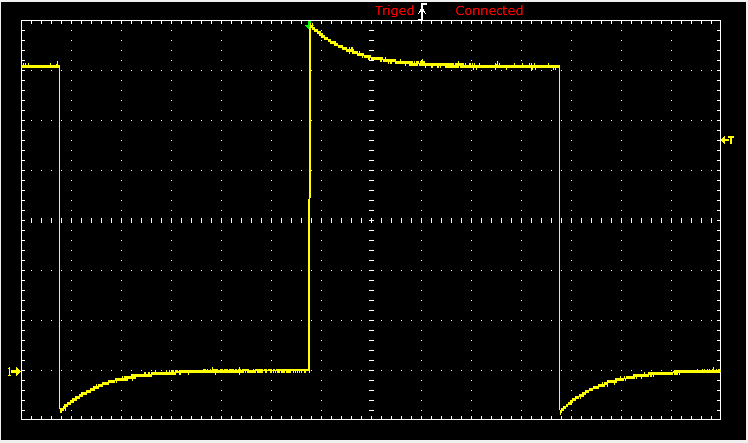Glossary - B
All terms beginning with the letter 'B' are shown below:
| Back-substitution: | back-substitution (with matrix notation): The backward phase of row reduction of an augmented matrix that transforms an echelon matrix into a reduced echelon matrix; used to find the solution(s) of a system of linear equations. |
| Backward phase: | backward phase (of row reduction): The last part of the algorithm that reduces a matrix in echelon form to a reduced echelon form. |
| Band matrix: | A matrix whose nonzero entries lie within a band along the main diagonal. |
| Barycentric coordinates: |
|
| Basis: | basis (for a nontrivial subspace H of a vector space V: An indexed set of vectors β : : : ; vp g in V such that: (i) B is a linearly independent set and (ii) the subspace spanned by B coincides with H , that is, H D Span fv1 ; : : : ; vp g. |
Bernstein polynomials: | ??? | Best approximation: | ??? |
| Bézier bicubic surface: | ???? |
| Bézier curves: | A Bézier curve is a parametric curve used in computer graphics and related fields to interpolate data. It is based on a set of discrete "control points" to define a smooth, continuous curve by means of a formula. Usually the curve is intended to approximate a real-world shape that otherwise has no mathematical representation or whose representation is unknown or too complicated. The Bézier curve is named after French engineer Pierre Bézier (1910–1999), who used it in the 1960s for designing curves for the bodywork of Renault cars. |
| Bézier surfaces: | ???? |
| Bézier, Pierre: | Pierre Étienne Bézier (1910--1999) was a French engineer and one of the founders of the fields of solid, geometric and physical modelling as well as in the field of representing curves, especially in computer-aided design and manufacturing systems. |
| Biased random walk: | ???? |
| Bidiagonal matrix: | A matrix whose nonzero entries lie on the main diagonal and on one diagonal adjacent to the main diagonal. |
| Binomial coefficients: | \[ \binom{n}{i} = \frac{n!}{i! \,(n-i)!} , \qquad n, i \in \mathbb{N} , \] where n! is n factorial, the product of all integers up to n: n! = n (n−1) (n−2) 1. |
| Binomial formula: | \[ (a + b )^n = \sum_{i=0}^n \binom{n}{i} a^i \, b^{n-i} , \] where |
| Blending polynomials: | ???? |
| Block diagonal matrix: | block diagonal (matrix): A partitioned matrix A D ŒAij ! such that each block Aij is a zero matrix for i ¤ j . |
| Block matrix: | ???? |
| Block multiplication: | ???? |
| Block upper triangular matrix: | ???? |
| Boundary condition: | ???? |
| Boundary point: | boundary point of a set S in ℝn : A point p such that every open ball in ℝn centered at p intersects both S and the complement of S. |
| Bounded set,: | bounded set in ℝn : A set that is contained in an open ball B(0, r) for some radius r > 0. |
| Branch current: | ???? |
| Branch, network: | ???? |
